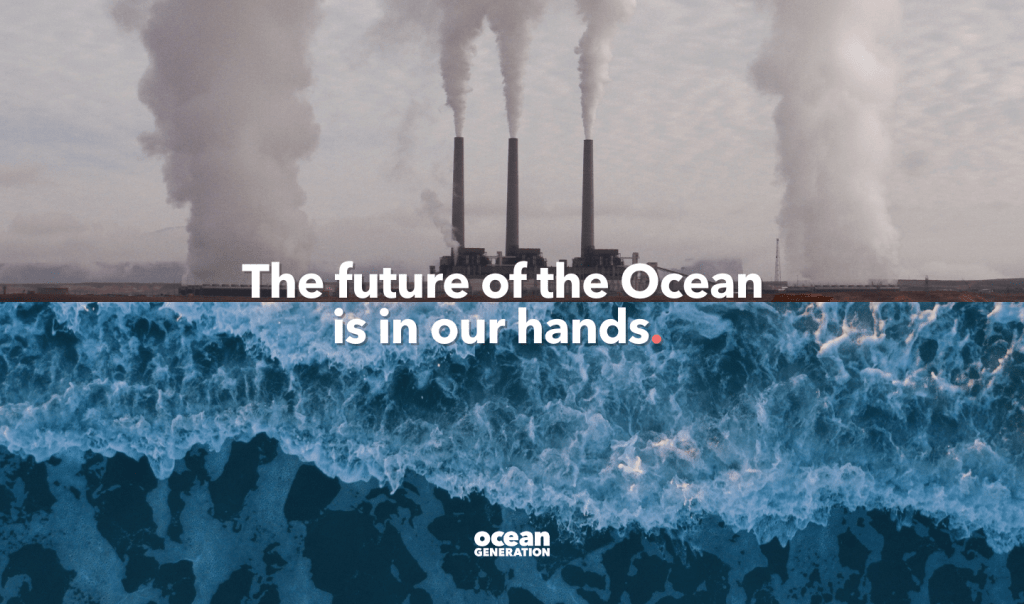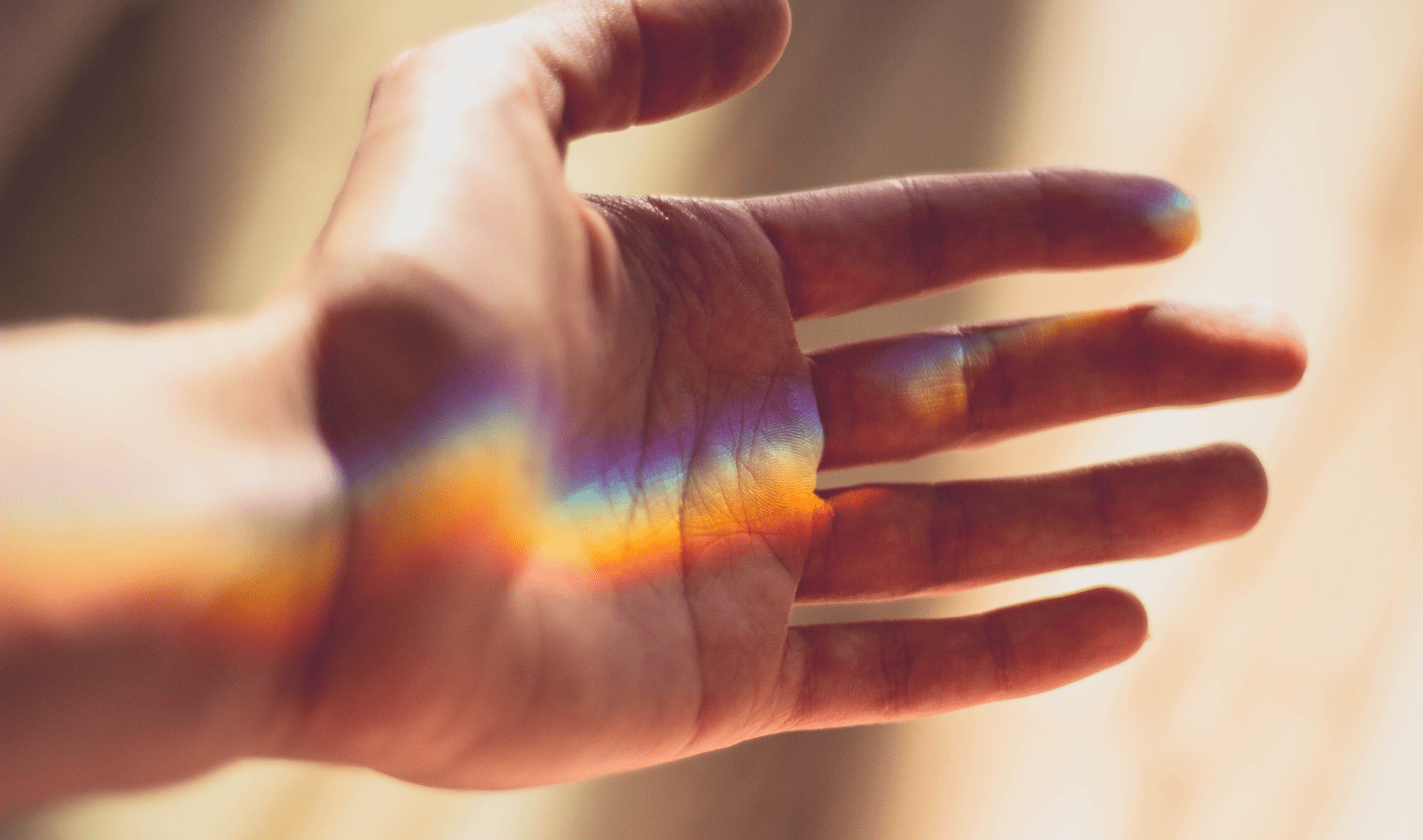- Our Future: Solutions
- Our Impact: Threats
- Science: Explained
- Take Action
How can I tackle a problem as complex as climate change?
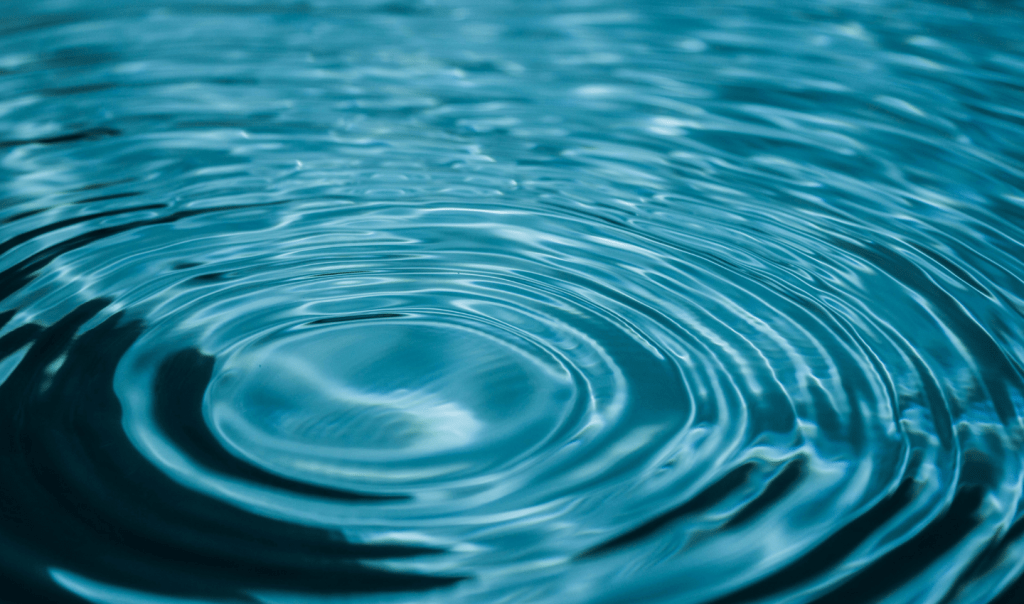
The Ocean has never been this subjected to the level of intensity of climate change impacts caused by human activities. With every 0.1 degree C of warming, we make it more and more difficult for humans, flora, and fauna to adapt.
A warming Ocean means that marine ecosystems like coral reefs and salt marshes are less able to host marine biodiversity and sustain many benefits for humans.
This also disrupts the Ocean’s ability to regulate the global climate system, water, and carbon cycle.
It goes without saying that the climate crisis is now a defining issue of our lifetimes, and we have a slim window of opportunity to reduce our collective impact.
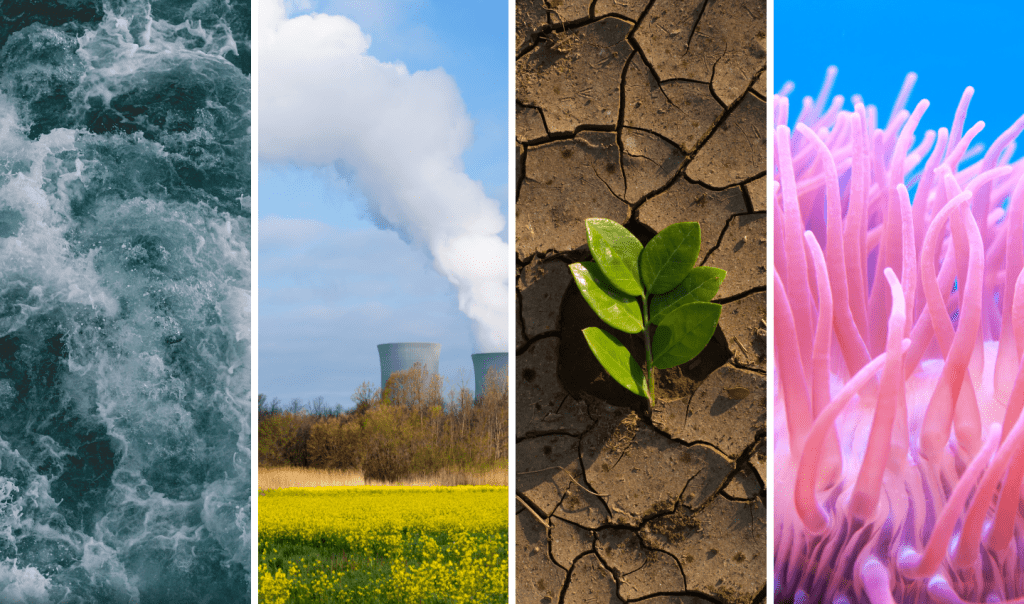
Is there a way out of the climate crisis?
The Ocean stores 20-30% of greenhouse gas (GHG) emissions from human activities but this is unsustainable, resulting in an acidic, slow circulating, less oxygenated Ocean.
To put it simply, we need to rapidly reduce our emissions to give young people and future generations a chance to secure a sustainable future.
According to the latest IPCC report, we need to cut global GHG emissions by nearly half by 2030. These emissions come from electricity production, food, agriculture, land use, industry, transportation etc. Cutting emissions requires global collaboration and cooperation – from governments to individuals.
The challenge is immense, but the solutions could not be clearer.

What do we need to do to limit global warming?
Some of these solutions have already been set in motion: Reducing our reliance on fossil fuels, increasing uptake of clean energies, restoring carbon sinks, and much more. The slow pace of adoption and funding associated with these solutions have been repeatedly questioned, given the world is currently at 1.1C.
The effects of climate change are already being felt in different corners of the world, albeit disproportionately.
In order for us to stay within any warming limit, we need to make the necessary changes needed to sustain humanity as a whole. And as individuals, each and every one of us have carbon footprints attached to our households and lifestyles.
We must address the fact that
we do not emit emissions equally.
Globally, there are huge disparities between those who over-consume and those who consume less due to socioeconomic and geographic factors.
In fact, the top 10% of high-income households contribute 34–45% of consumption-based household GHG emissions and the bottom 50% contribute 13–15%.
These stark differences mean that individuals in the top 50% are the in the best position to reduce their emissions, giving the opportunity to raise living standards for those in the bottom 50%.
When considering our lifestyles, the conclusions are quite similar.
What impact do our lifestyle choices have on carbon emissions?
According to 2022 UNEP report, “the lifestyles of the wealthiest 10% of the world’s population (broadly speaking, most middleclass persons living in industrialised countries), are responsible for almost half of the global emissions, while the lifestyles of the wealthiest 1% are responsible for about twice as many GHG emissions as the poorest 50%”.
Lifestyles are not just about the things we consume, but also addresses the communities we live in, the values we foster and the choices we make.
Individuals that are socio-economically well-off are in an instrumental position for enabling change. One paper suggests that individuals in this category could reduce emissions as role models, citizens, organisational participants, investors, and consumers.
Ultimately, environmental, and societal well-being go hand-in-hand; it is in humanity’s best interests to fairly consume within our means.
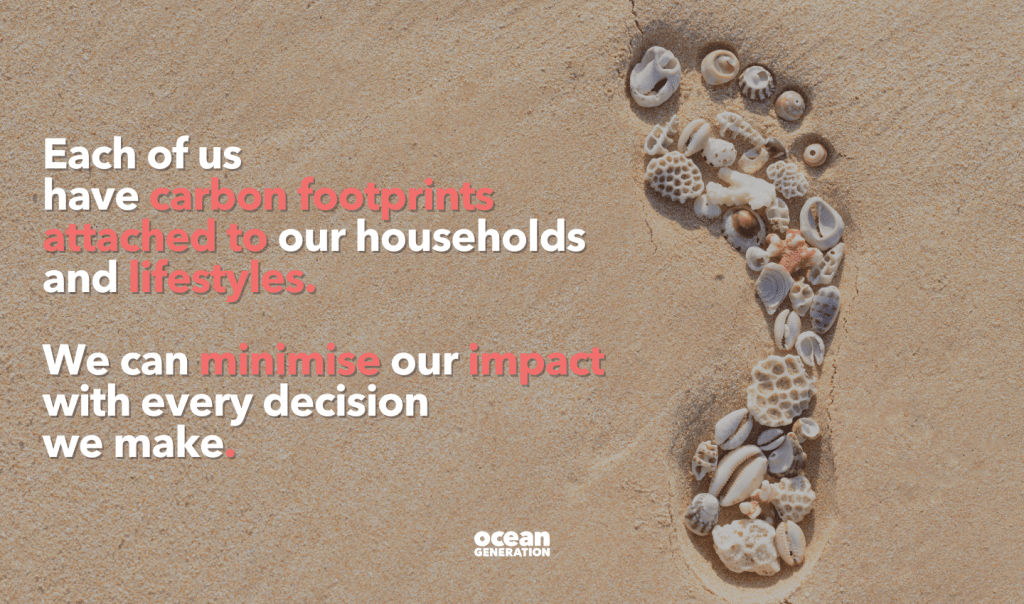
What can people to do to lower their carbon emissions?
There are four key areas where individuals can have the most impact: Food, transport, housing, and the things we buy (like appliances, clothes etc).
There is no denying that industry supply chains have a responsibility to reduce environmental impacts and provide sustainable choices. Small, and local businesses also tend to be more transparent, gaining consumer trust. Low-carbon alternatives exist in each of the aforementioned areas, and we can collectively vouch for further changes, whether that’s accessibility or affordability.
At Ocean Generation, we will be covering climate change solutions under each of the above areas through 2023. Namely:
– What we Eat food sources, diets, and food waste
– How we Move modes of mobility
– What we Purchase appliances, fashion
– How we Live energy sources and energy-saving behaviours
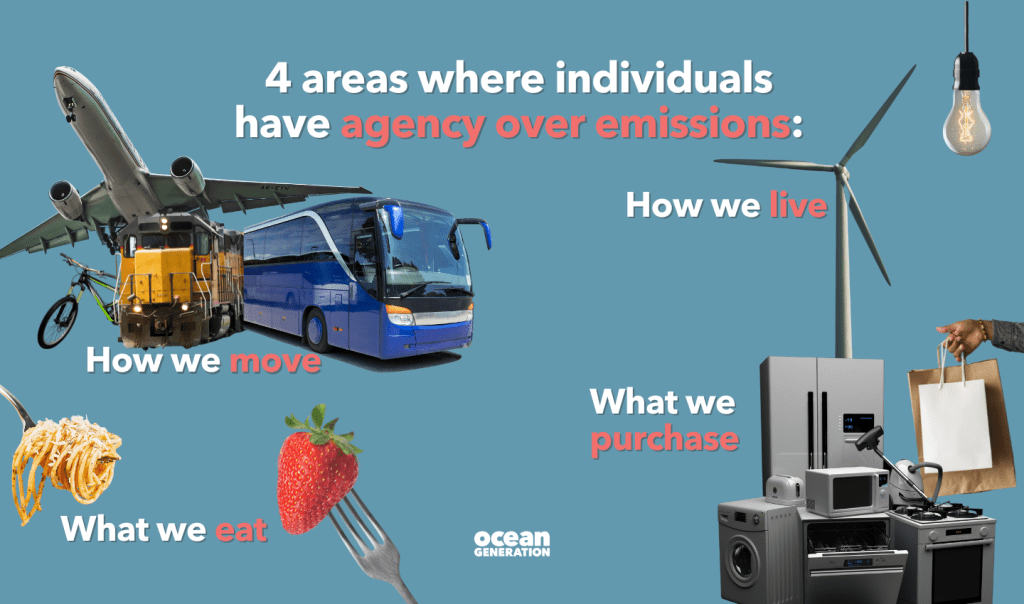
Climate change solutions are Ocean solutions, and vice versa.
The finite resources on this planet need to be utilised efficiently and distributed equally while minimising our impact with each and every decision we make.
The future of the Ocean is very much in our own hands.
With every 0.1C degree warming avoided, biodiversity and humans are given another chance. Let’s make every choice count!
